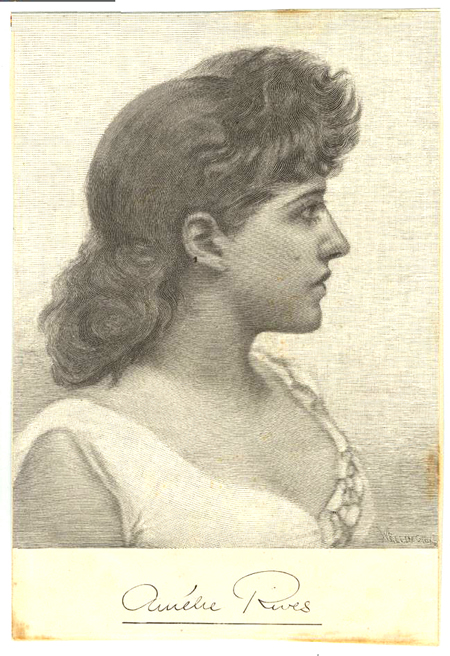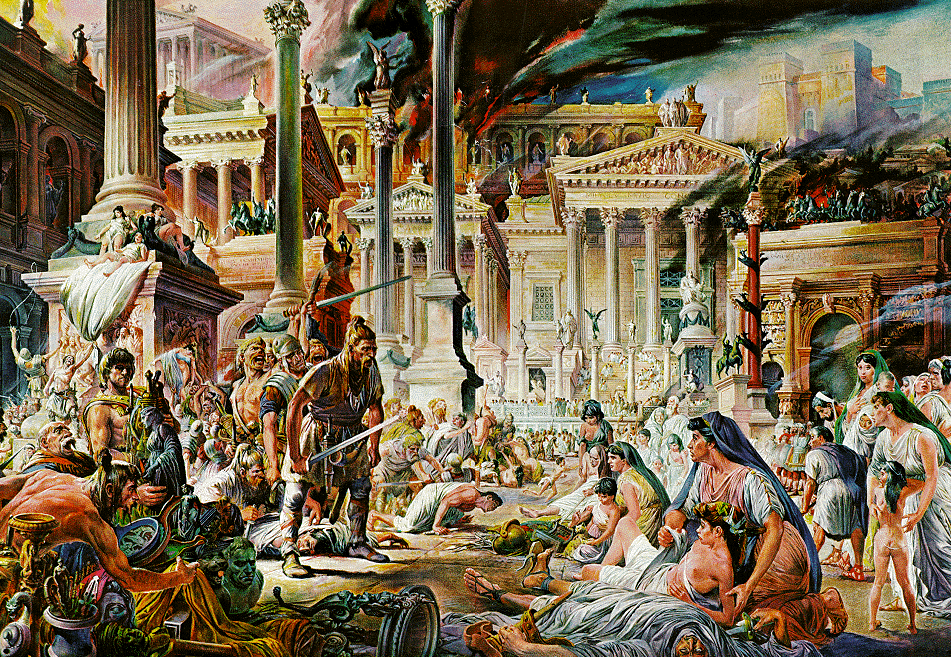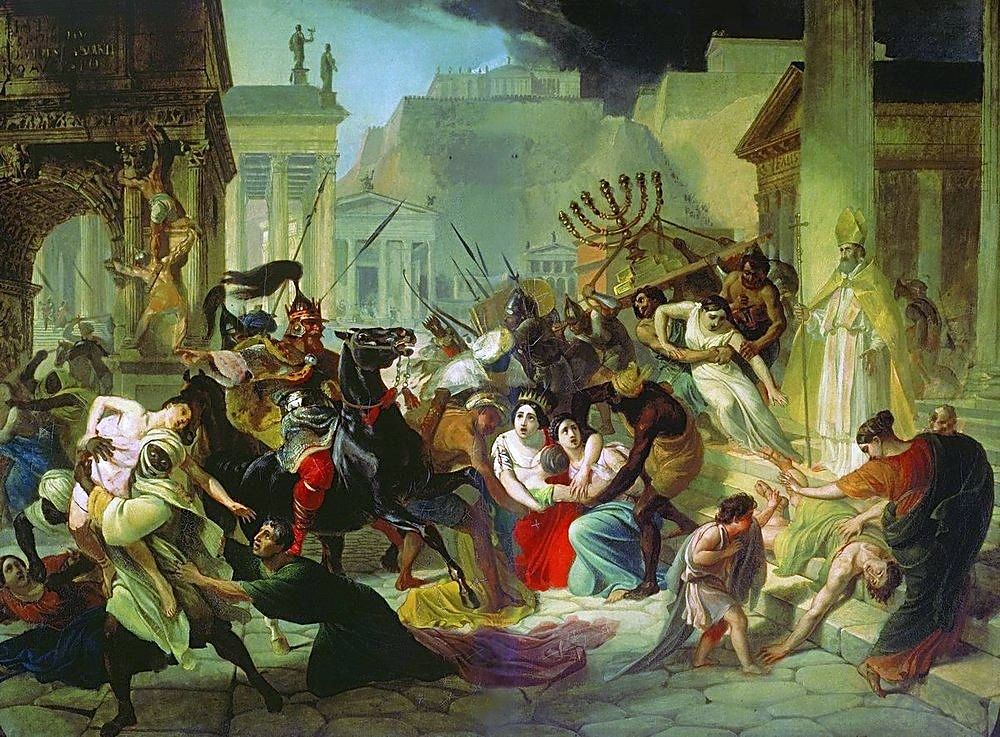Sometimes I read military history books for the story (and the interesting odd facts). Sometimes, though, I find one that examines and clarifies the underlying motivations and causes for the surface events that I find so engaging.
How the North Won, by Herman Hattaway and Archer Jones, is the book for someone of non-military background who is interested in the Civil War, but is not a buff. Buffs read (and own) books about specific units, can talk calibers and muzzle velocities, and can tell instantly that the illustration of the private in the Clinch Rifles is wearing a piece of trim issued only the following year. People interested in history, but not the Civil War in particular, know the high points, but don't care about the details of military strategy.
I'm in the middle (as I am in many things). The first thing about the Civil War is that it was a war, a bloody one between two determined opponents. How did they fight it? What problems did they face?
While the North had the resources, it had by far the tougher job: conquering and subduing the hostile and violently resisting South. It proved impossible to conquer and hold territory--that took more troops than the North could possibly raise (even after it finally instituted a draft, and thus faced violent resistance from urban mobs). Hattaway and Jones are extremely clear on the war in the West. As long as they could move along the rivers, they could penetrate South. When the rivers turned the wrong way, they had to move by land. Their supply lines were constantly harassed and raided.
And armies need to be supplied. These are tens of thousands of active men. Think about this: when McClellan's 1862 Army of the Potomac was standing still, it was the second-largest city in the South, after New Orleans. An army in one place for a few days devoured the countryside around it. When it moved, it pulled supply lines after it.
Without access to the rivers, it was impossible to progress. A raid at Grant's supply base at Holly Springs delayed his attack on Vicksburg by months. Grant only took Vicksburg by cutting himself loose from his supply lines and moving across a springtime forage-covered countryside that had not had to support an army.
Incidentally, this need for springtime forage accounts for the seemingly late timing of both Napoleon's and Hitler's invasions of Russia (the 1941 Wermacht was still largely a horse-drawn force, with mechanized forces used only over short distances): they needed to feed their horses, or be stranded.
And Civil War armies, armed with accurate long-range rifles, were like porcupines, almost impossible to get at and kill. They could be defeated, but then would retreat, falling back on their own supply lines and leaving a devastated country for the pursuing army to pass through. Even Lee after Fredericksburg did not pursue the savagely defeated Burnside. Decisive battle proved impossible, though it was constantly demanded by the childish and pathetically self-deluded populations of the respective regions.
Grant took what he had learned in the West and applied it when he came East: his war was a series of raids, not invasions. Even the bloody Overland Campaign was supposed to hold Lee's forces in place while raids did their work elsewhere. Sherman's raid on Atlanta, and then to the sea and up into South Carolina, succeeded, while the others (Butler, Sigel, Banks) all failed. And Grant was only fighting Lee in northern Virginia because it was politically impossible not to--he would much have preferred fighting almost anywhere else.
How the North Won also has sharp schematic maps with just enough detail to show interior lines and turning movements, with good explanations for the non-buff of how all that worked.
If you are interested in the military side of the Civil War, and already have a good sense of the sequence of events, you will find enlightenment in this book. You'll understand why things that seem like they should have been easy, weren't. You'll gain an appreciation for mud. You'll even have some sympathy for McClellan and Halleck, two men who usually get little of it. Solutions are only obvious afterward, and the price Grant paid for his was strikingly high.
How the North Won
Herman Hattaway and Archer Jones







